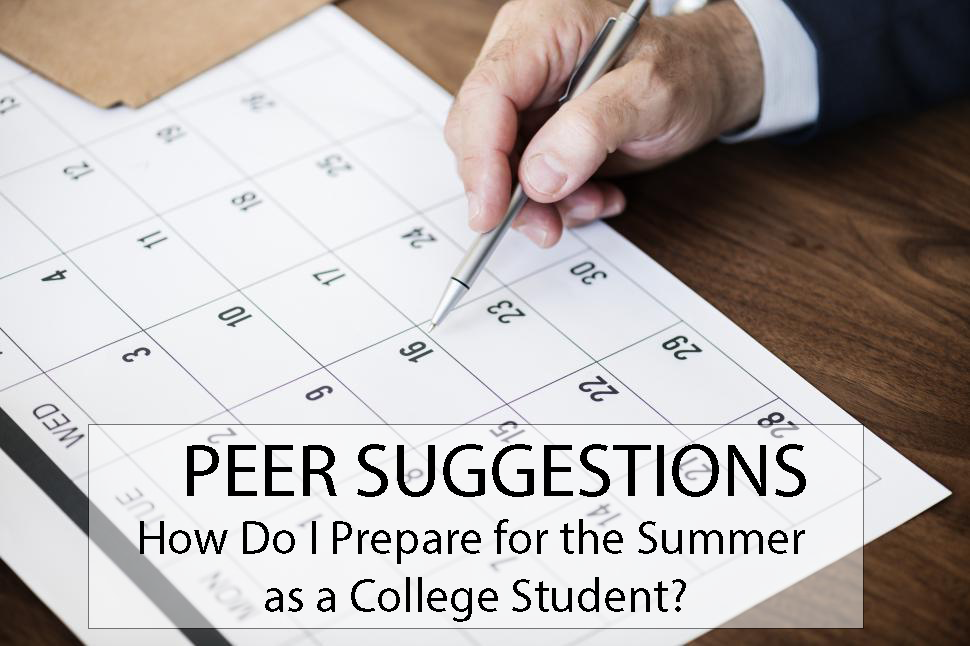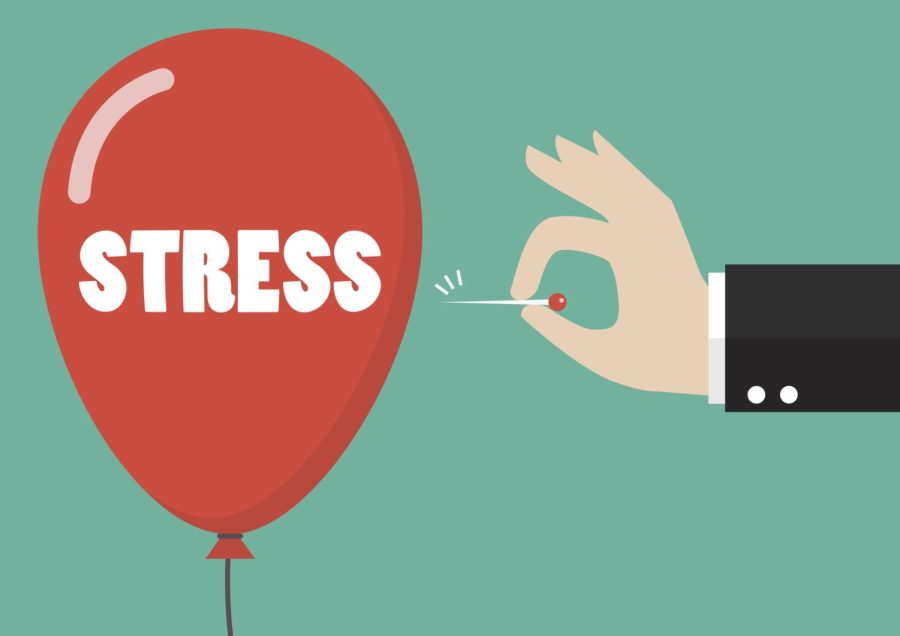The four-week grades are in, and we are rapidly approaching midterms for the Fall 2024 semester. Midterms, while typically not as impactful on your grade as a final project or exam, are still important. They set the tone for the rest of the semester, contribute heavily to your overall grade, and mark a transition point from introduction material to more difficult topics. Whether you are working on a big project, have a battery of tests to study for, or are just looking for some tips on how to improve your academic performance, here are five ways to help you feel more prepared to take on the upcoming test season.
1) Maintain a Proper Sleep Schedule
Going to sleep at a reasonable time, whatever that time may be, does wonders for your brain. Everyone needs a different amount of sleep to stay healthy, however the current consensus for an adult’s requirements is 7-9 hours a night. The details of why humans need to sleep are not fully understood in science yet, but one major aspect is the Glymphatic System, the brain’s waste removal method, which is active during your sleep cycle. While it gets more dangerous the longer you go without sleep, shorter-term concerns such as pulling multiple all-nighters in a row studying are still harmful. Going through one night without sleep every once in a while is not the end of the world, however you should try to schedule your time and activities to allow for the proper amount of time to rest and recuperate. Studies show that people who sleep well before a big test do better than those who stayed up late studying, so listen to your body and do not drive yourself to the point of exhaustion.
2) Remember to Eat Something
In times of stress, such as right before a test or presentation, many people feel too nauseous to eat or are far too deep in their preparations to take a break for food. It might be hard but taking even a five-minute break to drink some water and eat a protein bar does wonders for your focus, productivity, and general mood. Avoid large meals or heavy fatty foods – I am guilty of visiting the Chick-Fil-A to refuel on long study nights, but these types of foods cause rapid changes in blood sugar that can lead to difficulty concentrating or fatigue, as well as draw your body’s energy to digestion rather than brainpower. Instead, pick options like chocolate pieces, nuts, fish, eggs, avocados, and fruits that boost brainpower without splitting your body’s resources.
3) Study Your Way
Everyone studies differently, and finding the way you learn best will help maximize what you get out of your study sessions. There are four main types of learning: Textual, learning through reading or writing. Visual, learning through seeing. Auditory, learning through listening. Kinesthetic, learning though doing. Textual learners study the best by rereading through lecture notes and textbooks, taking practice tests, and writing out concepts in your own words to make sure you understand. Visual learners find the best results by color-coding their notes, studying images or visual representations of the subject, and making flow charts to follow the cause and effect or natural progression of the topic. Auditory learners get the most out of listening to recorded lectures, engaging in discussion about the topic, and flashcards, which allow you to say the question and the answer aloud to develop the association between them. Lastly, Kinesthetic learners succeed by engaging in application or practice scenarios and following along with tutorials. If your usual methods are stressing you out, try one of these options and see if that improves your results.
4) Find a Friend
Studying with a friend, no matter what type of learner you are, has many benefits. Studying with someone else holds you accountable, which in turn limits your distractions, reduces procrastination, and increases your motivation. Studies show that practicing a skill with a partner is shown to increase retention of information and makes the task of preparing for midterms more enjoyable. A great way to study with a friend or a small group is to make flashcards and quiz each other, the required quick response time and direct engagement with the subject matter will assist in forming mental connections and assessing your understanding. Making a competition or a game out of studying is another fantastic way to promote an efficient and less stressful preparation environment, as friendly competition motivates students like no other method!
5) Breathe
Taking a brain break is important; experts recommend taking a break every 45-90 minutes (about 1 and a half hours) to avoid overloading your prefrontal cortex, which can result in higher stress levels, lower concentration, and recall abilities. However, your brain and body also need a chance to breathe. If you go too long without taking a break, your body will make you take one whether you like it or not, avoid this by taking frequent breaks. If you have the time, even just a few minutes to sit or lay down and do deep breathing, take a walk, or something that allows you to “zone out” or reflect on what is going on, take advantage of it. Your brain needs time to process the events that have occurred in your life and giving it a chance to do so can improve your overall concentration and mood. For taking breaks during study time, do some research online to find which break schedule works best for you. There are plenty of competing theories on when and how often to take a break for your considerations.
The best way to do well on your midterm is to take care of your needs and prepare yourself for the challenges ahead. Do not just focus on academic preparation, remember that you are a human being who requires rest, food, water, and human companionship to stay happy and healthy enough to take the midterms you worked so hard to prepare for. Breathe in, breathe out, and just remember that you got this!










